Who will play the next James Bond?
With Daniel Craig stepping down after the newly released ‘No Time to Die’, James Moore looks at who is most likely to replace him as 007 in a changing cultural landscape

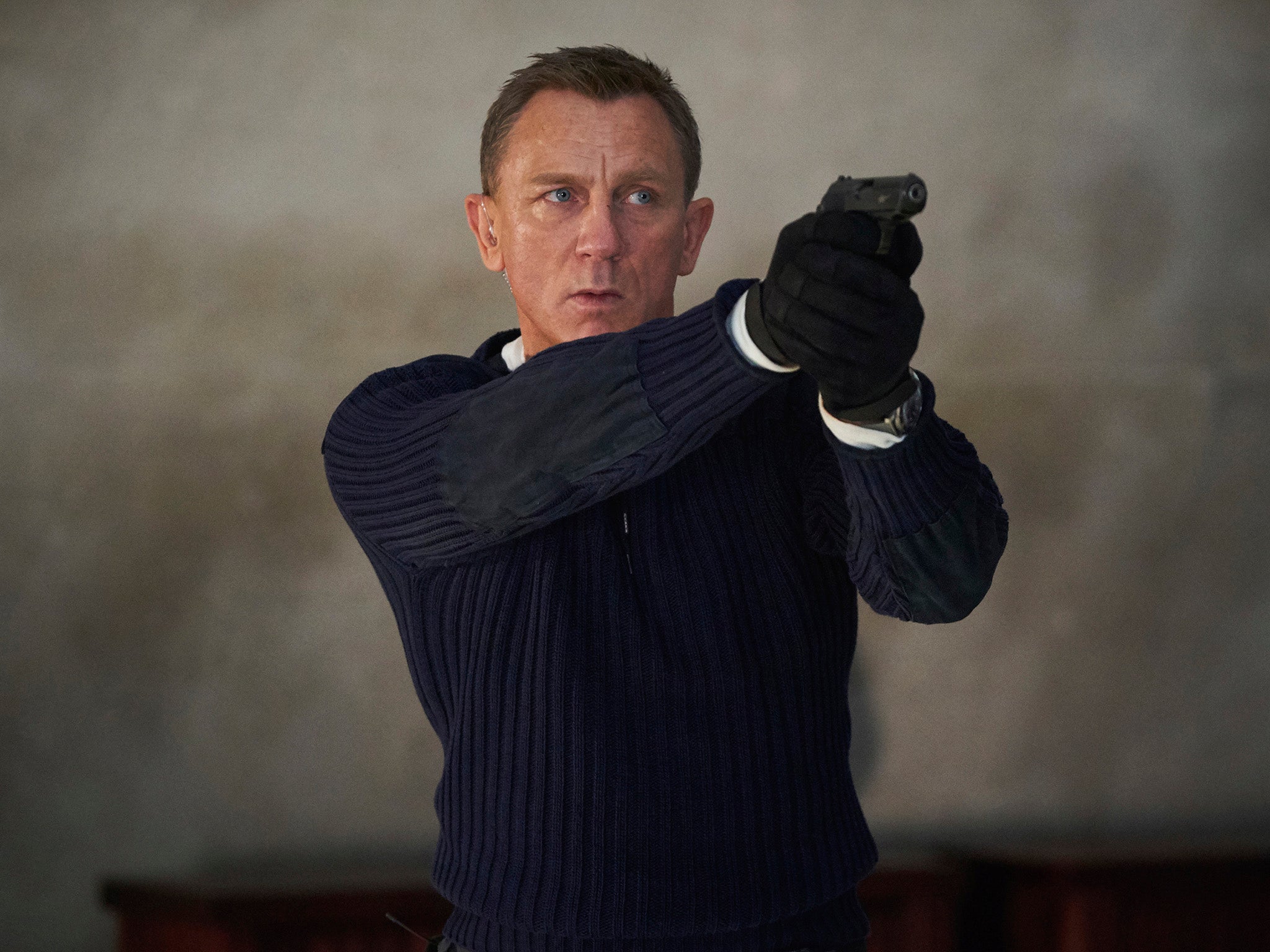
Can James Bond evolve? Does he even need to as the cinemas predict blockbuster numbers for his latest outing? No Time to Die, which cinemas hope will be the answer to a fair few prayers, hits screens today. The critics have had a look and they’ve mostly called it a popcorn classic (although The Independent was lukewarm).
This being Daniel Craig’s swan song in the tuxedo, the question of who’s next in line has added some extra spice to the proceedings. The bookies report lively betting. Tom Hardy, who is (almost) going head to head with Bond with his Venom: Let there be Carnage, is a warm favourite. His price is as short as 13/8 with Paddy Power.
Hardy has pulled off out-and-out villains in the past, including both Kray twins and Batman’s nemesis Bane, in addition to his current anti-hero. Bond has always had a dark side and Hardy would be an interesting choice. But he’d also be a very conventional choice. There are plenty who would cheer that. Bond is, at its heart, a very conservative franchise.
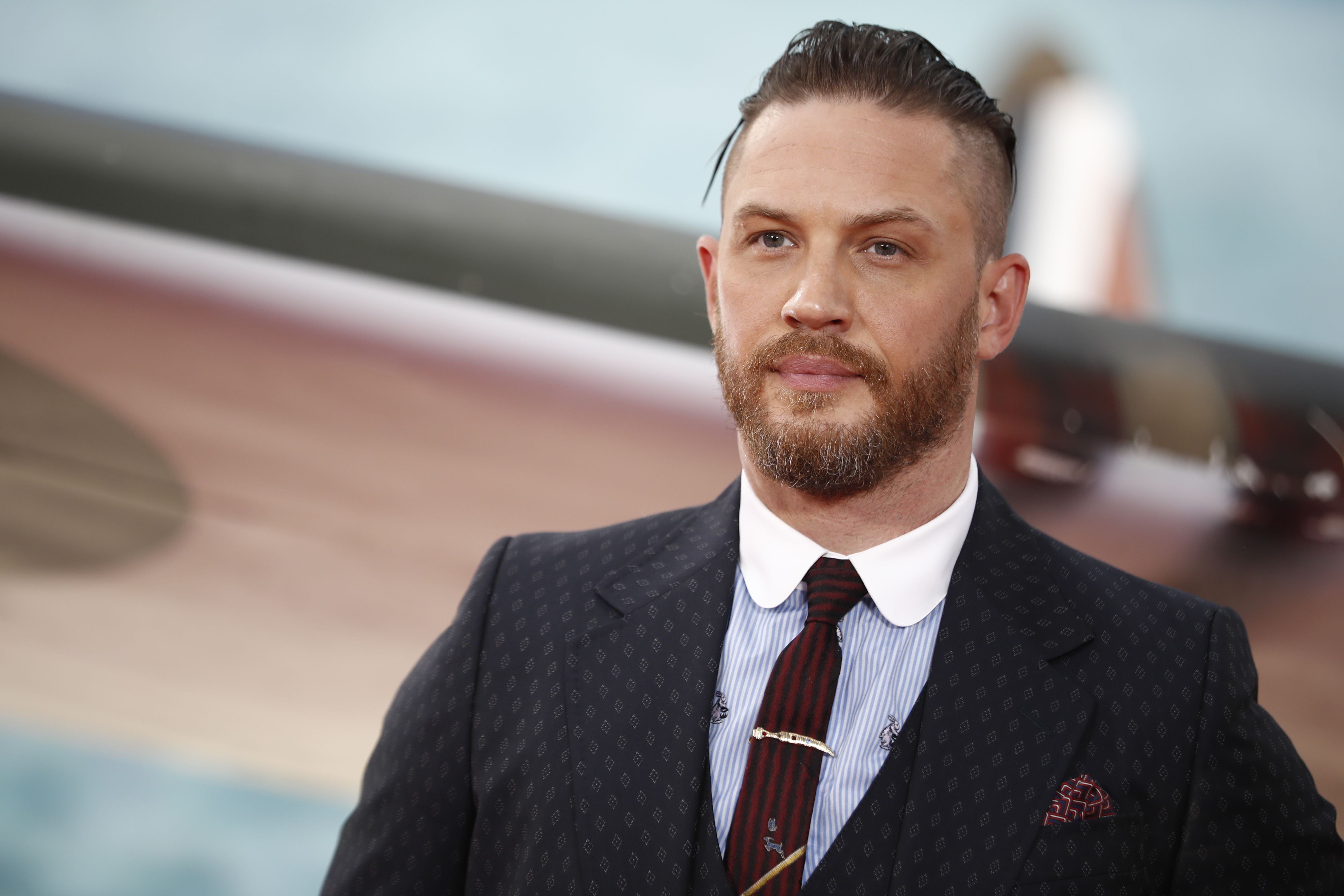
Hardy’s the favourite because you don’t mess with success. The actor’s personal box-office appeal can only enhance his chances. The first Venom was made for a modest $100m, but overcame a cool response from critics to turn in a global gross of $856m.
He nonetheless has competition. Hot on his heels is James Norton, another English former public schoolboy, albeit a less high profile one. Norton, who made his name in British TV dramas Happy Valley, Grantchester and McMafia, would strike a blow for diversity, however, through being a type 1 diabetic, a hidden disability which has seen the actor faced with some extraordinarily stupid questions. They include “could you handle the stunts” from people who seem to be unaware that professional footballers and Olympic gold medallists have managed to do just fine with the condition.
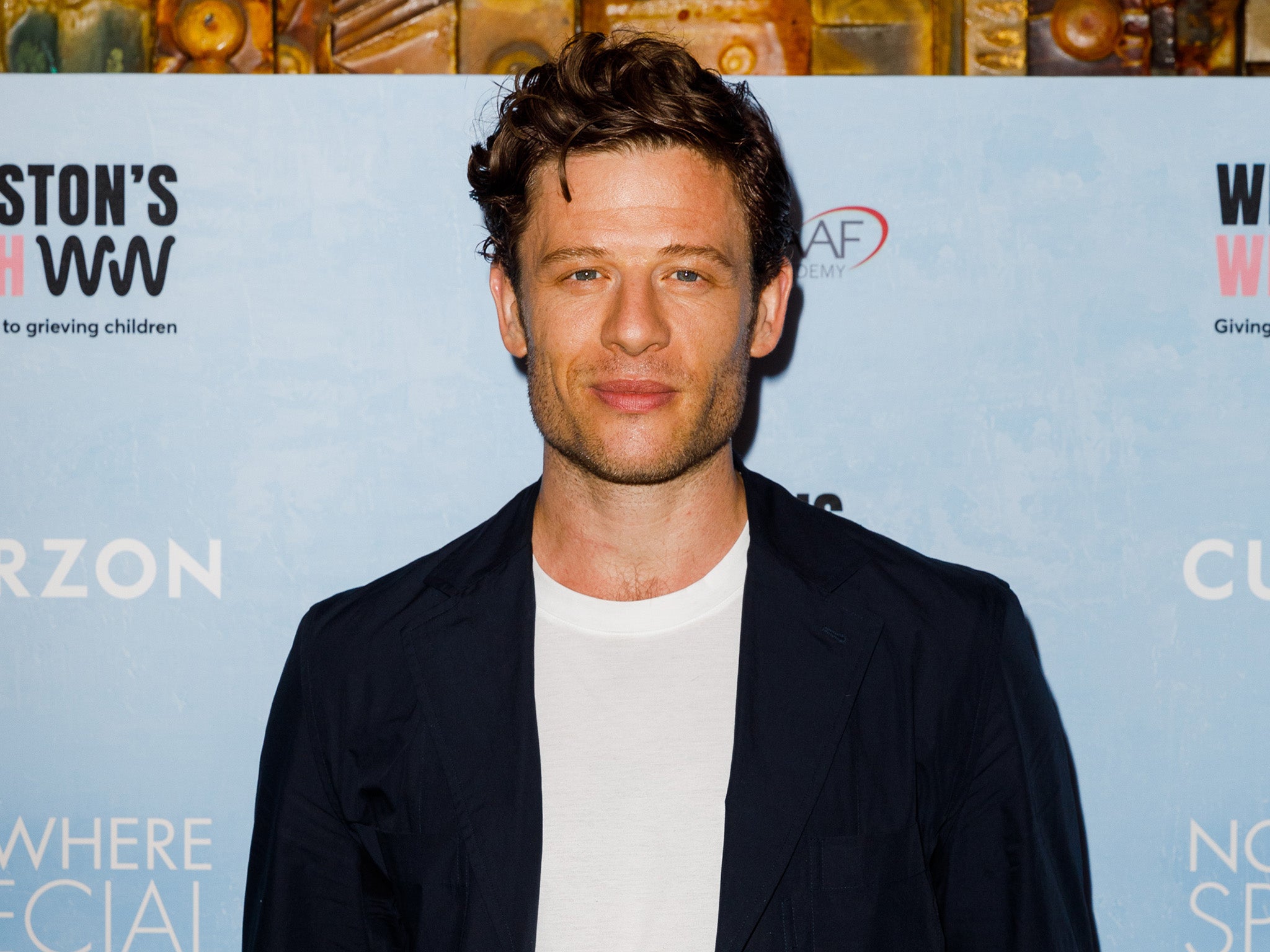
Then there is Luke Evans, best known for his role in the Fast & Furious franchise, who has said he’d jump at the chance. Evans would be the second Welsh Bond. Timothy Dalton, who only lived twice in the role, was born in Colwyn Bay. Bond was first played by a Scotsman (Sean Connery) and then an Australian (George Lazenby), who secretly served Her Majesty only once. Englishmen (Roger Moore and Craig) have twice taken on the job. Ireland has got in on the golden act with Pierce Brosnan, who made his debut in Goldeneye.
So the job has been shared around. At least geographically. Over that time the films have modernised. A bit. Some of Connery’s scenes with women – Bond girls as they are still sometimes rather patronisingly called – are extremely uncomfortable to watch with modern eyes.
The films’ female characters have developed since the iconic Ursula Andress emerged from the sea in a white bikini in Dr No, fuelling a million adolescent fantasies in the process. The schoolboy silly double entendre names – exemplified by Honor Blackman’s Pussy Galore’ – have also been shelved.
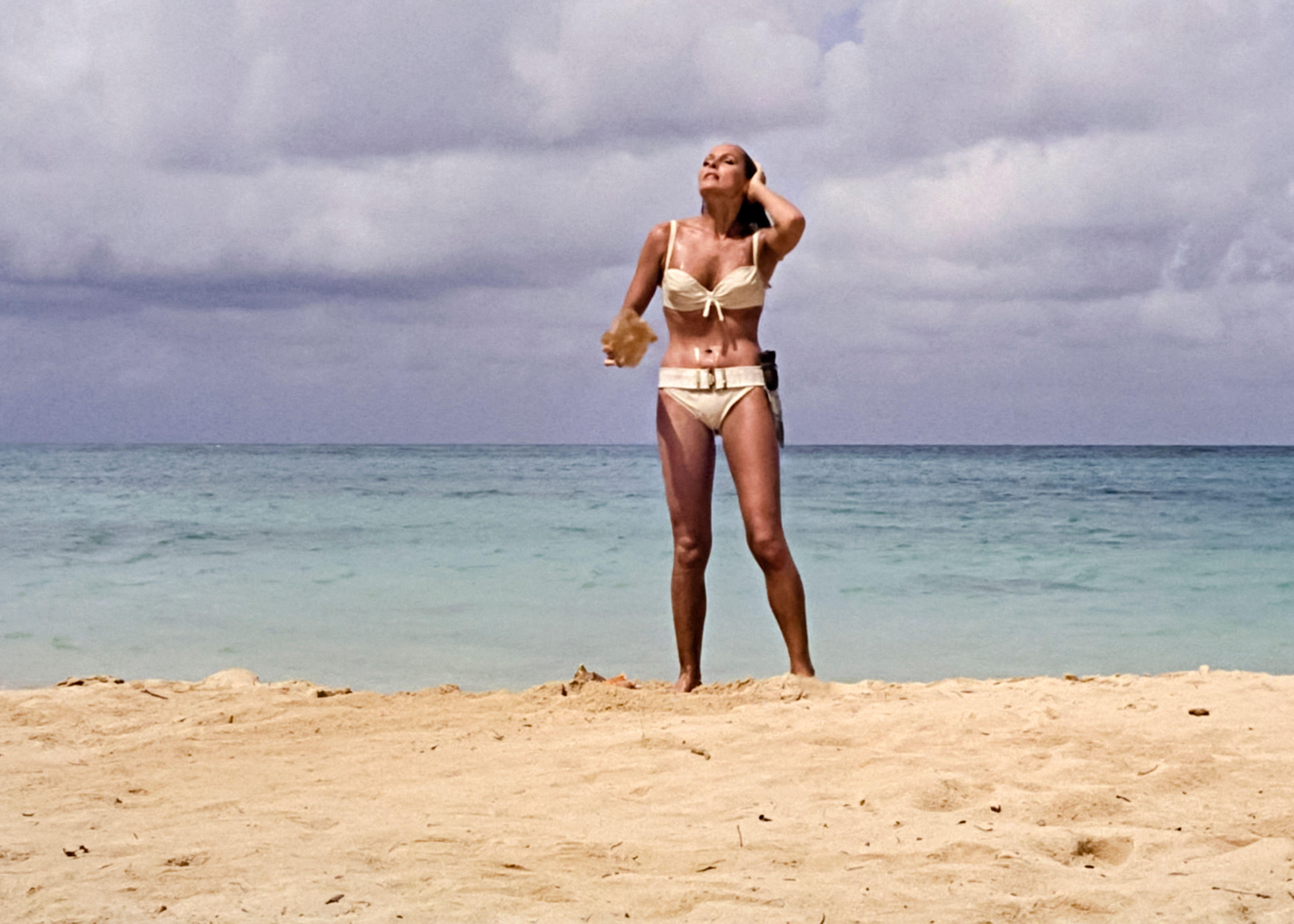
But Bond himself? That’s open to question.
One of his more memorable exchanges was with Judi Dench, who played the first female M in 1995’s Goldeneye. “I think you’re a sexist, misogynist dinosaur, a relic of the cold war,” a wintry Dench, whose casting was inspired by Stella Rimington’s appointment to head the UK’s domestic security agency MI5, told Brosnan. That criticism is still thrown at the character and not without justification.
Today’s Bond is a more emotionally aware character than he was in the past. Craig has successfully expressed pain, even vulnerability, during his tenure
“James Bond in Skyfall: Hero, Patriot and... Exploiter of Sex Trafficking Victims?” said Forbes of the series’ most successful commercial outing to date, criticising Bond’s ignoble behaviour in the film with respect to the character of Severine.
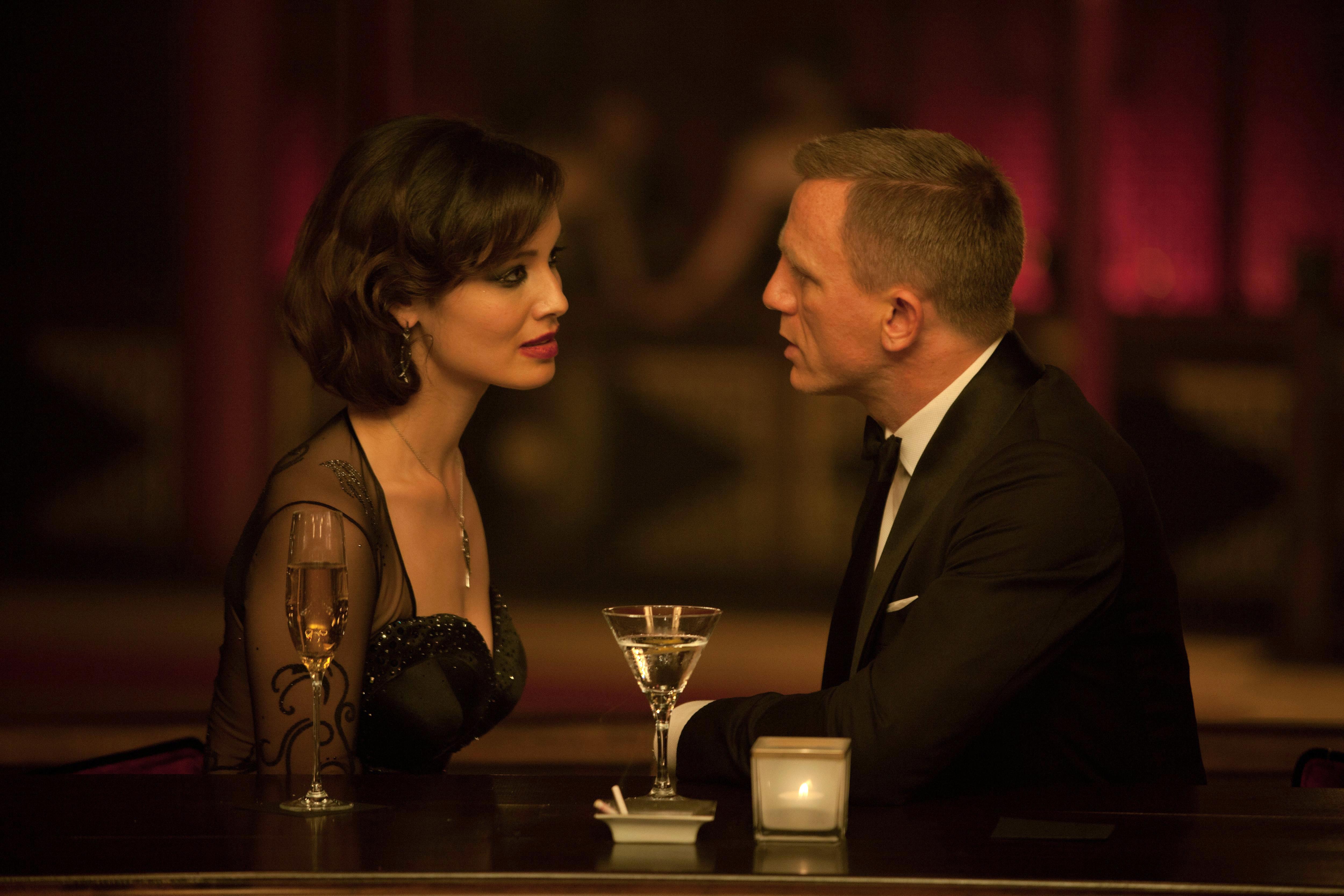
Today’s Bond is a more emotionally aware character than he was in the past. Craig has successfully expressed pain, even vulnerability during his tenure. The incorporation of these traits into his high quality performances have helped sustain interest in the character. There has also been a steady increase in the diversity of casting around him, both in terms of enemies and allies, after some regrettable past incidents, not to mention the disgraceful treatment of race, sex and sexuality in the books of Ian Fleming.
But there are still problems with the films, most obviously their reliance upon the deeply regrettable “scarred villain” trope. In 2018, the British Film Institute backed a campaign to end the association of scars with villainy, saying it would refuse funding to films that relied upon such a cheap and lazy stereotype.
Cary Fukunaga, No Time to Die’s director, said of the latest outing: “Is it Thunderball or Goldfinger where , like, basically Sean Connery’s character rapes a woman? She’s like ‘No, no, no,’ and he’s like, ‘Yes, yes, yes.’ That wouldn’t fly today.”
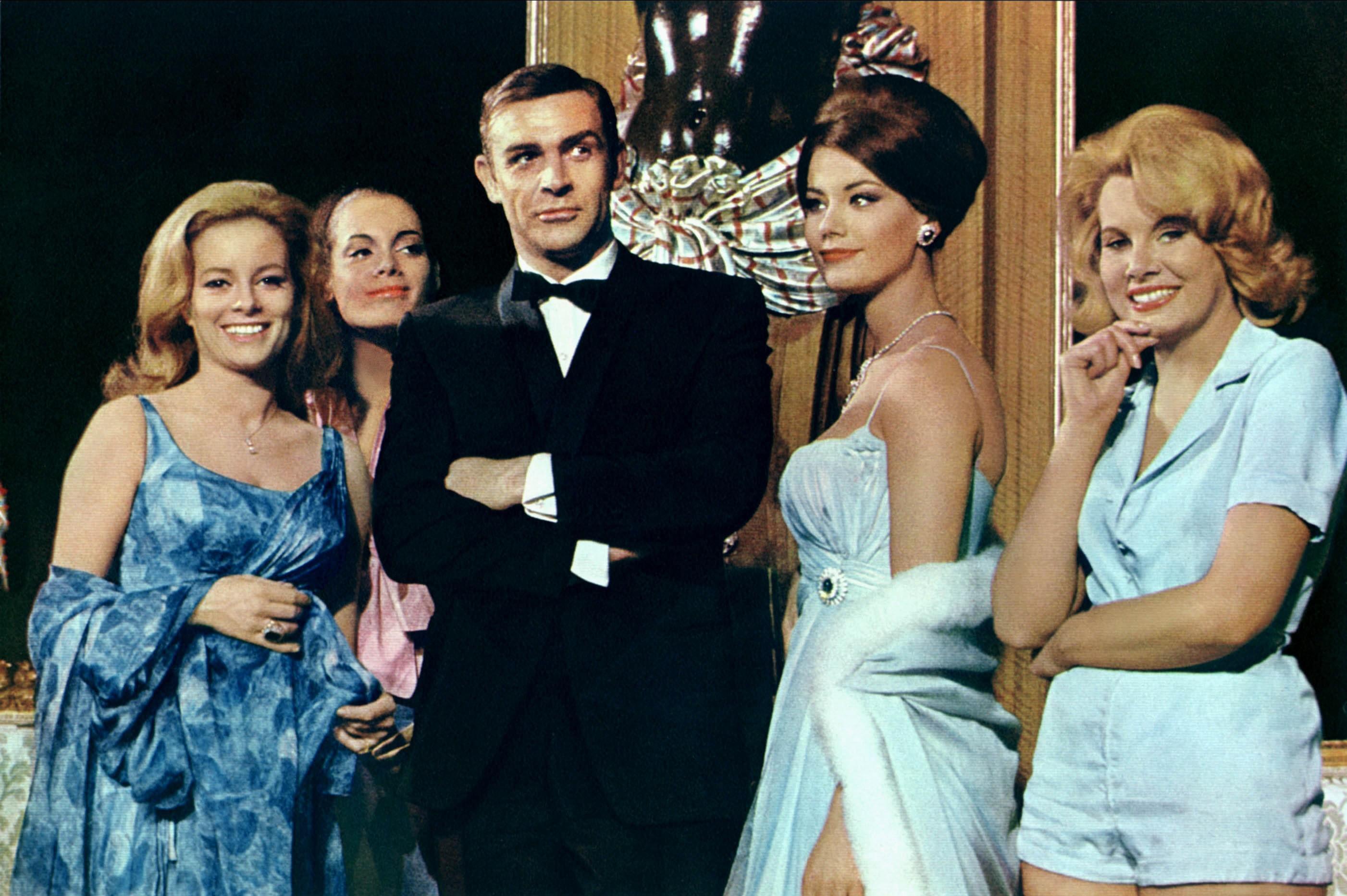
But that doesn’t mean a “woke Bond”. Instead Fukunaga went on to say: “You can’t change Bond overnight into a different person. But you can definitely change the world around him and the way he has to function in that world.”
The world around him arguably hasn’t changed enough. It is not as if the franchise’s failings would be hard to correct. Bond could still be Bond, the maverick super spy in a tux, without the sexual misbehaviour and the scarred baddies.
Perhaps the tin ear the movies’ creators have turned towards issues like these is partly because audiences are willing to forgive Bond things other characters just wouldn’t get away with.
“I know it’s awful. But it’s Bond and it was Sunday and I just wanted to settle down and watch the DVD with some popcorn,” an otherwise enlightened friend of mine declared.
The latest outing does offer some hope for the future. It showcases the first black, female 007 in the form of Captain Marvel actor Lashana Lynch. She’s not the first female Bond. Her character Nomi is, instead, assigned the title in the latest film as a result of Bond’s retirement. But it is still a step forward.
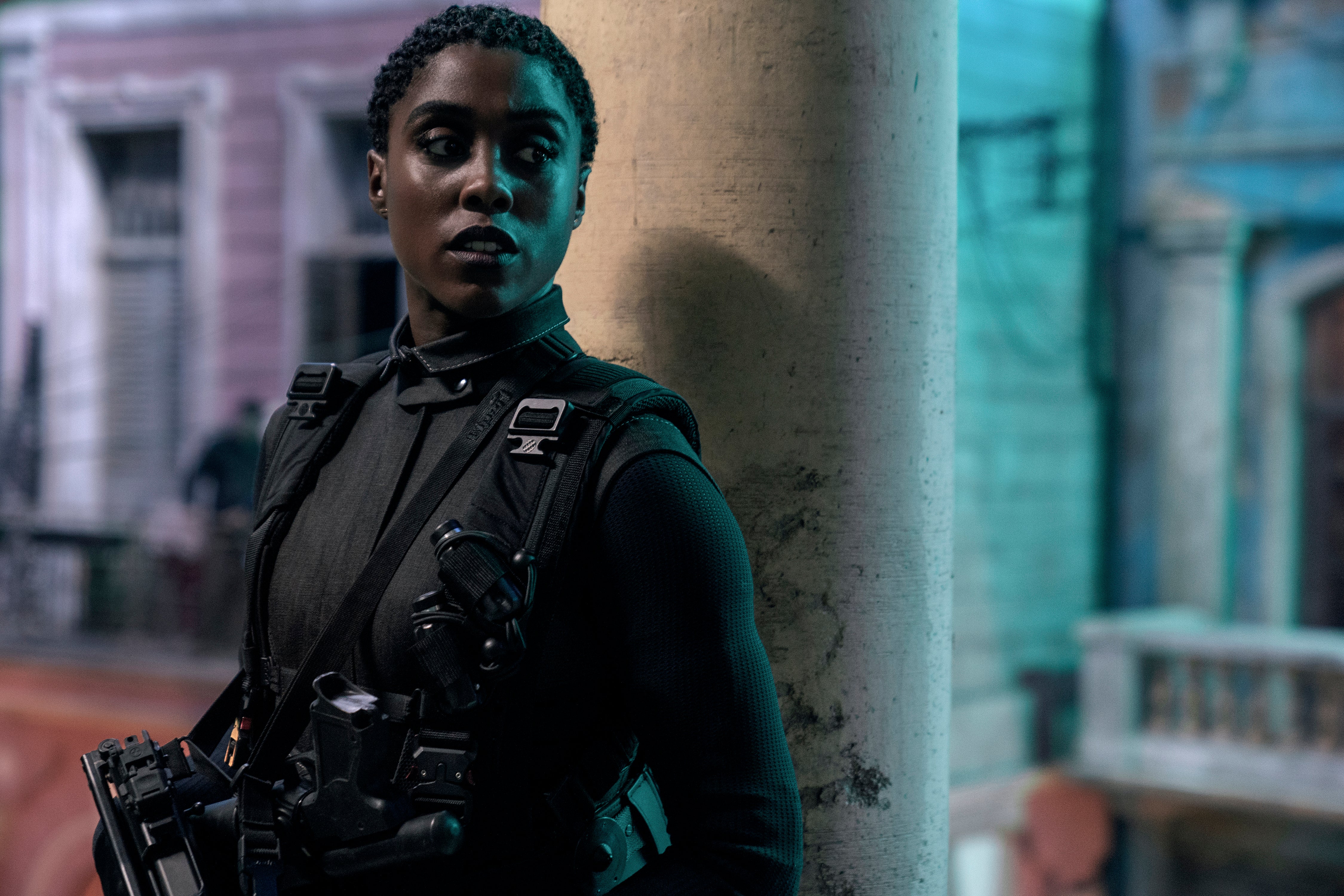
Her odds of playing Bond range from 6-1 (Paddy Power) to 10-1 (William Hill). The latter also quotes Dr Foster and Vigil star Suranne Jones at 9-1.
The “political correctness gone mad” brigade would blow a gasket at the very idea. But there is precedent in pop culture for characters switching gender. The most obvious British example is Dr Who, whose first female incarnation was the long running BBC show’s 13th Doctor.
The chances of a black Bond would appear to be somewhat better. High up in the betting this time are two actors of colour
While the reaction of a minority of fans was predictably ugly, Jodie Whittaker’s three-season turn in the Tardis – it’s expected to come to an end in 2022 – has generally been considered a success with audiences and critics. The character’s repeated assumption of new identities is baked into the concept of the show, so you can make the case that there was a lack of internal logic in it taking as long as it did to open up the books.
Not so the Equalizer, but that role has also been shared. It started life as a 1980s TV show starring British actor Edward Woodward as Robert McCall, a retired secret agent turned New York vigilante. The show lasted for a respectable four seasons before it was revived by Denzel Washington for a pair of films.
They were hardly in Bond’s league in terms of box office gross, party because both were R rated in the US, the equivalent of a 15 in the UK, but they were commercially successful and director Antoine Fuqua has talked about a third outing.
In the meantime, the franchise has returned to the small screen, this time with a black woman in the lead role of Robyn McCall. Queen Latifah’s take on the Equalizer has performed strongly enough to be given second season.
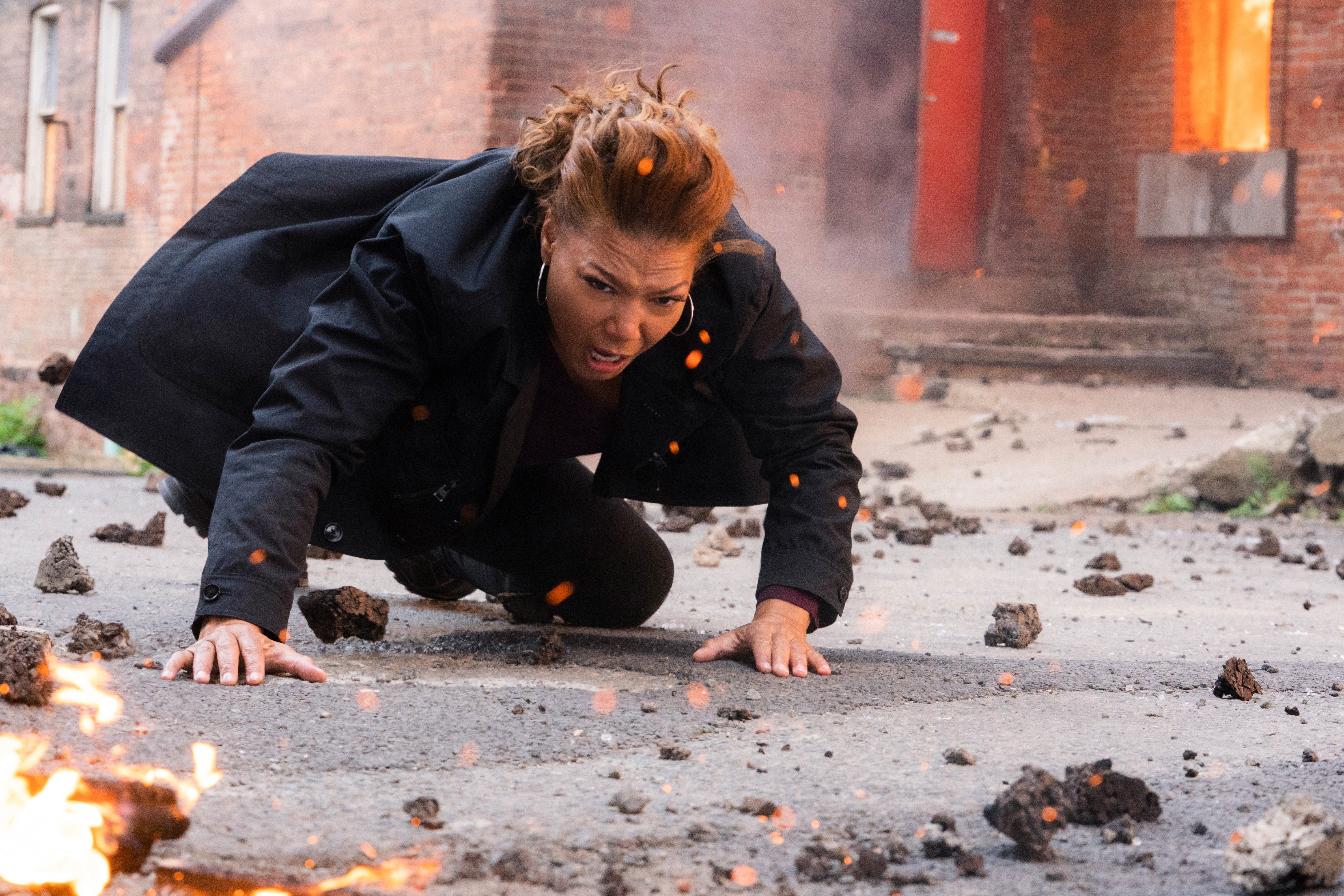
It is because Hollywood has been so reluctant to look beyond the stereotypical white male lead for its big budget blockbusters that there is such a compelling case for opening more of the established franchises up.
True Sigourney Weaver blazed a trail with Ripley in the Alien franchise. Eddie Murphy is preparing to embark on his fourth turn as the Beverley Hills Cop. Wesley Snipes made a hit of Blade long before the Marvel Cinematic Universe (MCU) was launched. But they are the exceptions that prove the rule.
It speaks volumes that Marvel didn’t have a non white actor in a lead role until its 18th outing, (Black Panther), and didn’t have a female led film until it’s 21st (Captain Marvel). Their box-office performance (both cruised past the $1bn barrier) and the success of Shang-Chi, film 25 and the first Asian-led outing, says something: diversity sells if you’re willing to try it.
However, if you’ve put your money on Bond embracing the concept you may be in for a disappointment. Producer Barbara Broccoli might have countenanced a female 007. But there’ll be no Jane Bond on her watch. She’s been asked if she believes a woman will ever take the role and she’s made clear it’s not happening.
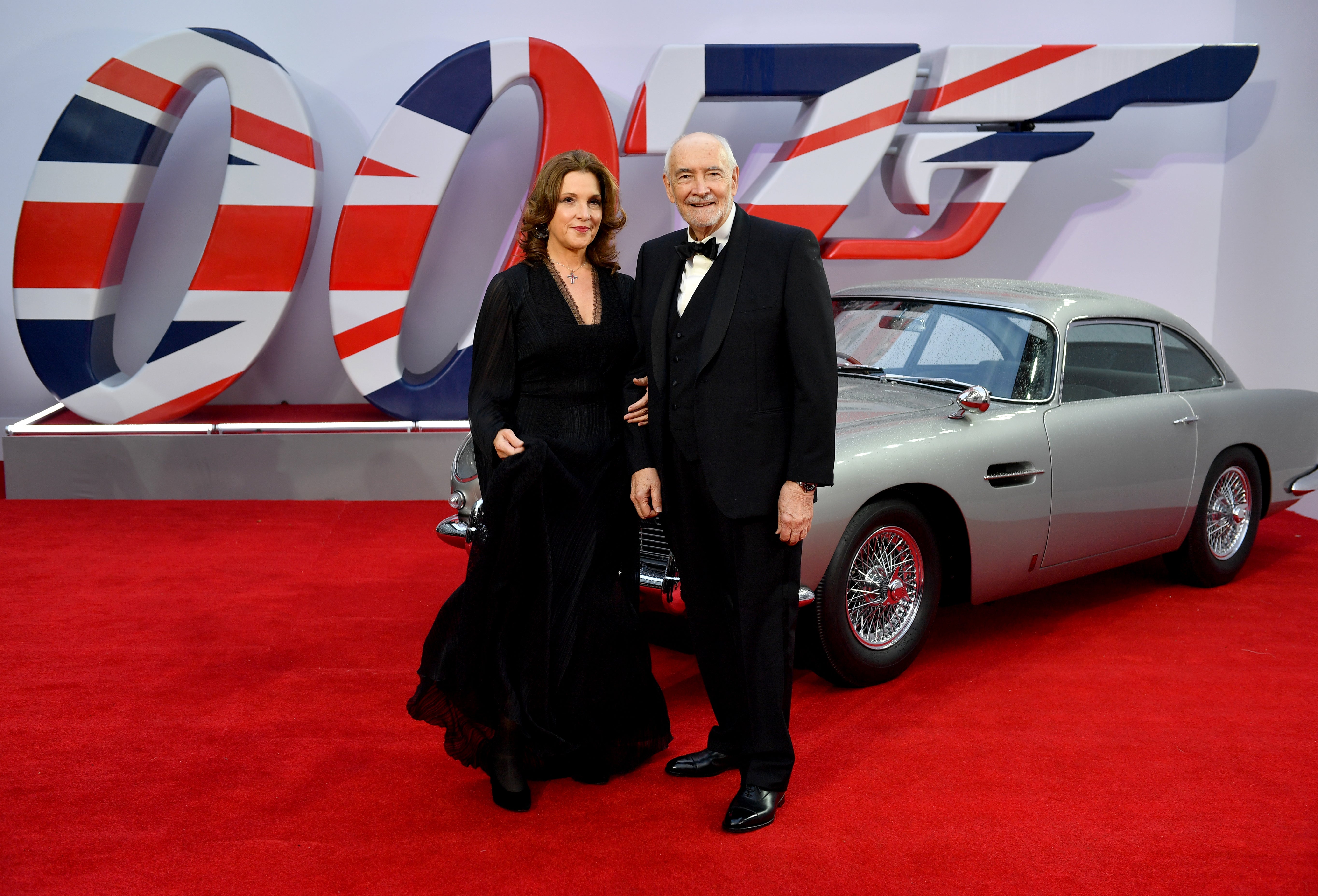
“James Bond is a male character… I hope that there will be many, many films made with women, for women, by women, about women. I don’t think we have to take a male character and have a woman portray him.”
The chances of a black Bond would appear to be somewhat better. High up in the betting this time are two actors of colour; Rege-Jean Page, whose star is rising thanks to his turn in the wildly popular Netflix period drama Bridgerton, and Idris Elba, fresh from James Gunn’s blood spattered The Suicide Squad.
But don’t think this wouldn’t create a fuss. Said Joanna Lumley in a Radio Times interview. “Elba is stunning – and was incidentally in Absolutely Fabulous – but I don’t think he is right for Bond, who is quite clearly described in the book. Lumley suggested that Elba should instead be given his own film project: “I think ‘Idris Elba for fab new fabness’ is what I would say.”
Her argument was not dissimilar to Broccoli’s. The problem is Daniel Craig hardly fit the description when he was cast either. Per Fleming’s description, Bond is a brunette not a blond. This, along with Craig’s (relative lack of) height, created a mild fuss when he was cast. That lasted about as long as it took Casino Royale, still by a distance his best outing, to get into theatres.
James Bond has always been brilliant news for cinemas and the whole screen entertainment industry
Writing in the Guardian, Caspar Salmon argued that while it would be perfectly possible for Elba to play a “handsome, exciting, sexy British spy” him playing Bond would “unclaw the character and sanitise his hideous, harmful trappings” of class, and empire, and all the rest.
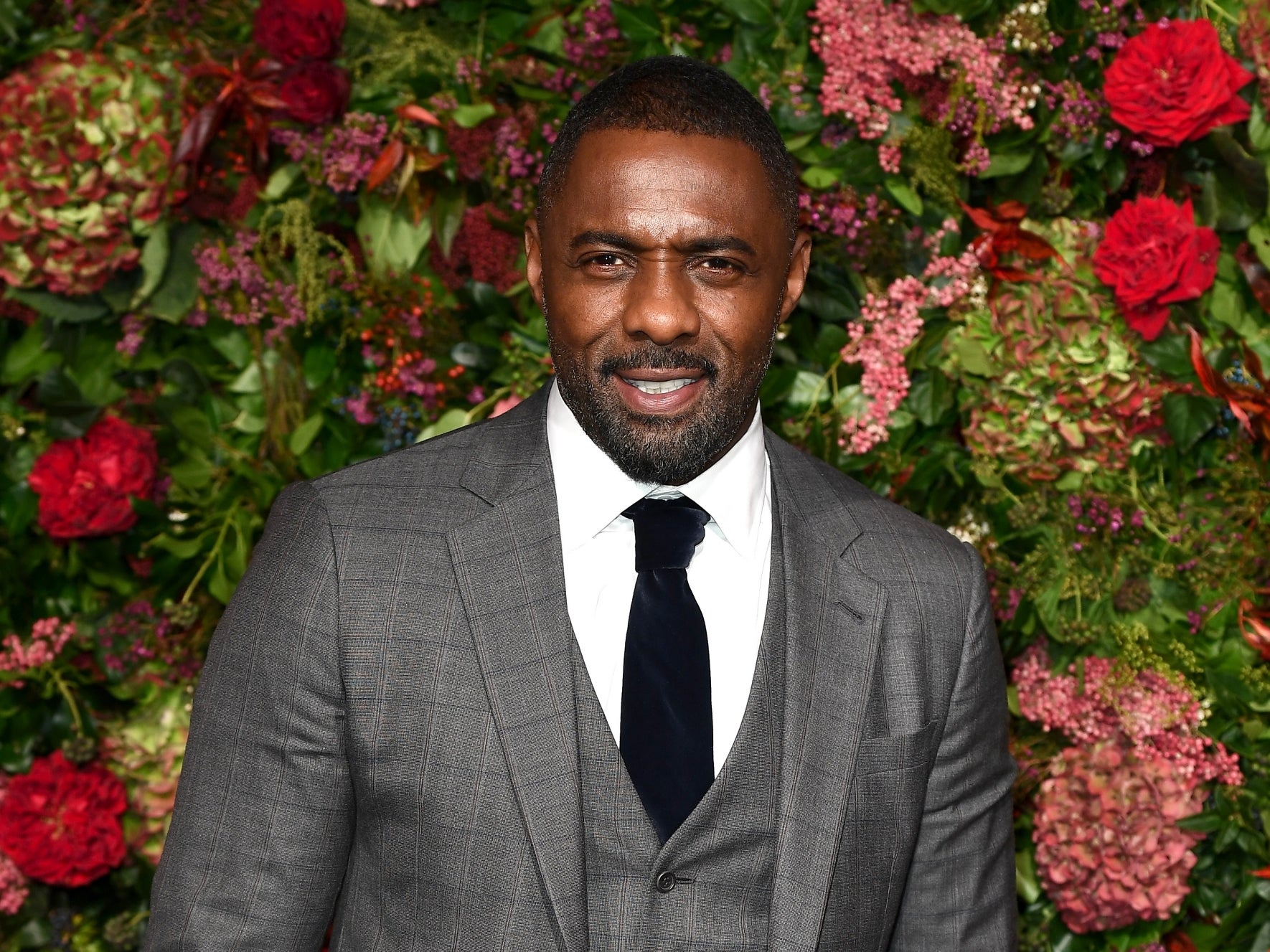
“If Elba does not have the right profile to play a dinosaur, it seems obvious that we shouldn’t update the dinosaur, but consign it to history,” he said.
Well, that isn’t happening. Not a chance. Bond will continue to be forgiven his failings because he is wildly popular. Casino Royale grossed more than half a billion dollars globally. Skyfall broke the $1bn barrier and the follow up, Spectre, came close to it.
No Time to Die being on ice for more than a year has done nothing to cool the movie going public’s ardour, or the industry’s hopes that this could be the “film that saved cinema”.
The Odeon is predicting the biggest opening at its cinemas since summer 2019, having racked up pre-sale figures of over 175,000 in the two weeks since tickets went on sale. The British Association for Screen Entertainment says the character has sold a total of 33,141,204 units, which includes DVDs, Blu-Rays and now digital downloads.
Craig’s run has been, by a distance, the most successful, accounting for 12.6 million of those, nearly twice the 6.8 million for films led by Brosnan and more than twice Sean Connery’s 5.7 million.
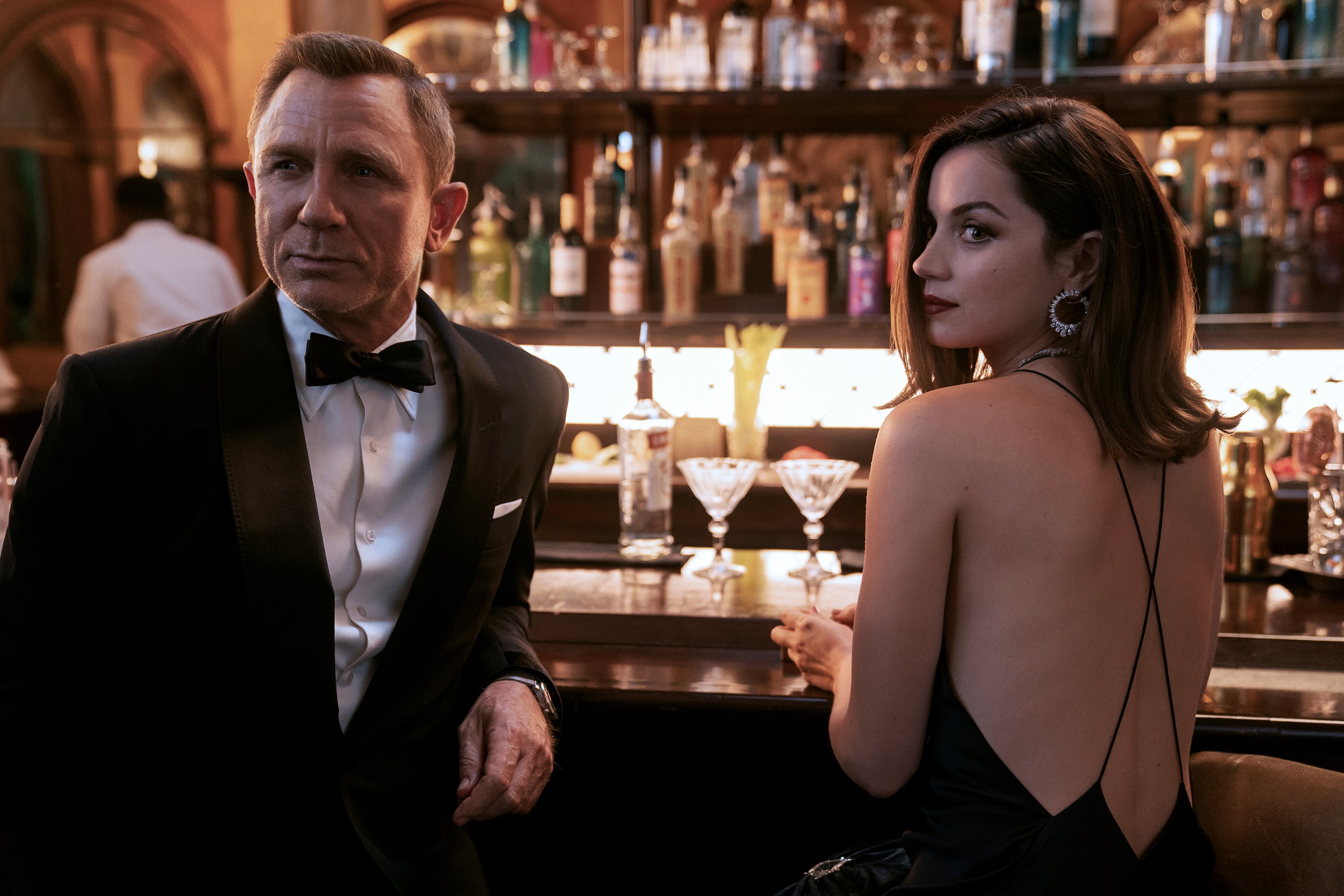
Liz Bales, the organisation’s CEO, says the character remains a huge “transactional success” even in the era of subscription video on demand. “The James Bond character is a British entertainment icon,” she said. “James Bond has always been brilliant news for cinemas and the whole screen entertainment industry. The Bond films are appointment cinema viewing, capturing the attention of audiences from the day of release with the ultimate big screen and sound experience. There’s a reason Skyfall and Spectre are both in the all-time top three grossing films at the UK Box Office.”
And she’s right. There is. “Are you not entertained,” the producers will look at their audience and say. It is numbers like those that may ultimately steer the franchise in a conservative direction. The bigger the property, the less likely its controllers are to take a risks with it.
Casino Royale seemed like it was poised to take the franchise in a new, grittier direction. “Shaken or stirred,” the barman asks when he orders his famous vodka martini.
“Do I look like a give a damn,” a stressed Bond, who’s lost his money to his enemy Le Chiffre at the poker table, snaps back.
The plot was darker than usual, the CGI took a backseat, the gadgets were still there, but they were less evident. The torture scene involving Bond, showing off Le Chiffre’s sadism, received cuts in several markets (including the UK).
However, after a disappointing sequel (Quantum of Solace) the subsequent films returned to a more traditional format, and were greeted with markedly higher performances at the box office. Money talks, but this most traditional of franchises should still have a care. Sometimes it’s just as much of a risk to stand still.
Bond hasn’t always been the all-conquering saviour of cinema he looks like he might be today. There have been dips in his performance before. There may come a time when makers decide they have to roll the Casino Royale dice with diversity, and move the franchise on, just as the MCU has.





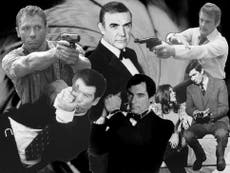
Join our commenting forum
Join thought-provoking conversations, follow other Independent readers and see their replies
Comments